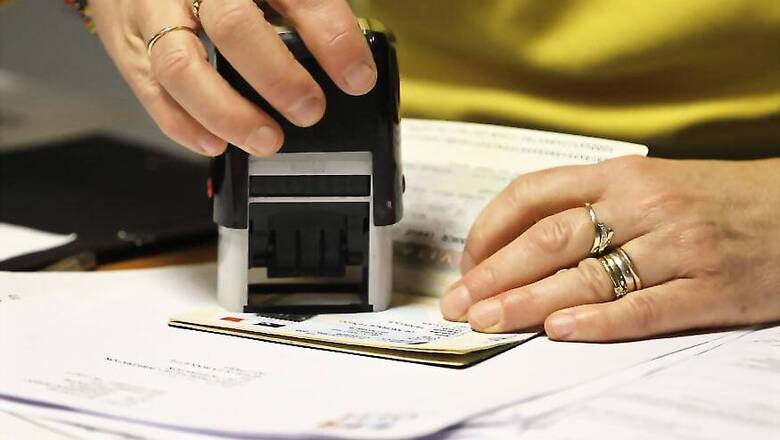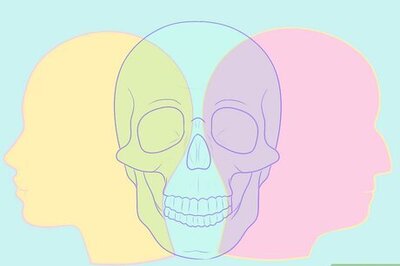
views
New Delhi: The United States of America is constricting the flow of foreign workers into the country by throwing up new roadblocks to limit legal arrivals, claimed a news report.
Denying more work visas, the Trump administration is forcing applicants to provide additional information and delaying approvals more frequently than just a year earlier, reported New York Times.
As a result, hospitals, hotels, technology companies and other businesses are now beginning to feel the pinch.
Corporate executives worry about the long-term effect of losing talented engineers and programmers to countries like Canada that are laying out the welcome mat for skilled foreigners.
“There have been delays in processing that we have not felt before,” said Dr Andrew C Yacht, chief academic officer at Northwell in New York.
In April 2017, President Donald Trump signed a “Buy American and Hire American” executive order, directing government officials to “rigorously enforce” immigration laws.
The effect is visible on ground as businesses say the increased red tape has made it harder to secure employment-based visas.
A recent analysis of government data by the National Foundation of American Policy, a research group, found that the denial rate for H-1B visa petitions for skilled workers had increased 41 per cent in the last three months of the 2017 fiscal year, reported New York Times.
The Business Roundtable, a group of corporate leaders, recently challenged the Trump Administration over changes that it says threaten the livelihoods of thousands of skilled foreign workers and economic growth and competitiveness.
The H-1B visa is a non-immigrant visa that allows US companies to employ foreign workers in speciality occupations that require theoretical or technical expertise. Technology companies depend on it to hire tens of thousands of employees each year from countries such as India and China.
The Trump administration is pushing for reform of the H-1B system, saying some IT companies were abusing the US work visas to deny jobs to American workers.
External Affairs Minister Sushma Swaraj told the Rajya Sabha last month that India was taking up the issue with the White House as well as with US Congressmen.
“We will raise it humbly at the 2+2 dialogue on September 6 in New Delhi,” she had said.
Recently, the US extended by over five months the temporary suspension of premium processing for H-1B visas as part of its efforts to clear the backlog.
The H-1B visa has an annual numerical limit cap of 65,000 each fiscal year, as mandated by the Congress. The first 20,000 petitions filed on behalf of beneficiaries with a US master’s degree or higher are exempt from the cap.
Additionally, H-1B workers who are petitioned for or employed at an institution of higher education or its affiliated or related non-profit entities or a non-profit research organisation or a government research organisation are not subject to this numerical cap.
In July, a report by an American non-profit body claimed that there has been a substantial increase in denial of H-1B visa petitions of Indians by the US Immigration authority as compared to people of other nationalities.




















Comments
0 comment